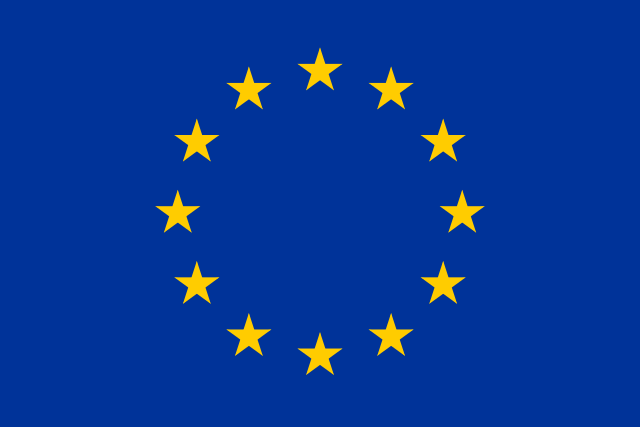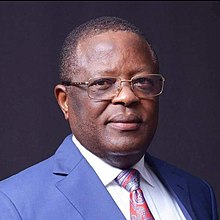Dr Ibrahim Dangana, Executive Director, Niger State Primary Health Care Development Agency (NPHCDA), has called on government at all levels to sustain the fight for Nigeria to remain polio-free.
Dangana made the call during a news conference in Minna on Wednesday, saying that Nigeria‘s attaining the polio-free certification was a milestone achievement.
The News Agency of Nigeria (NAN) reports that Nigeria was certified polio-free in August by the World Health Organization (WHO) after three consecutive years of no recorded outbreak.
WHO stated that the disease was only endemic in two countries such as Afghanistan and Pakistan, thereby bringing the world one major step closer to achieving the goal of ending polio.
He explained that being a polio-free country would allow government and international partners to channel resources to other areas that need critical attention.
“For us to reach this milestone, government at all levels, International partners, civil society organisations played their roles as there were more than 2,000 volunteers involved in routine immunisation.
“They were going house to house ensuring that every child get immunised against polio virus and were able to reach more than 45 million children,” Dangana said.
He added that other structures put in place to make it possible were the setting up of emergency operation centers at national and state levels, the involvement of relevant stakeholders and partners as well as reviews of data and campaign.
He said that sustained funding from government and international partners as well as commitment of staff of health facilities were major contributors to the country attaining the status of being polio-free.
According to him, a lot of staff sacrificed their lives in the cause of discharging their duties that is why we have polio heroes who played significant role in ending the disease.
He however, advocated for strengthened surveillance, sustained structures and continuous routine immunisation for children from 0 to 5 years to ensure that every caregiver takes their wards for polio immunisation.
Dangana added that there should be continuous community sensitisation, mobilisation of traditional and religious institutions and ensuring that routine immunisation are carried out in hard-to-reach areas. (NAN)




